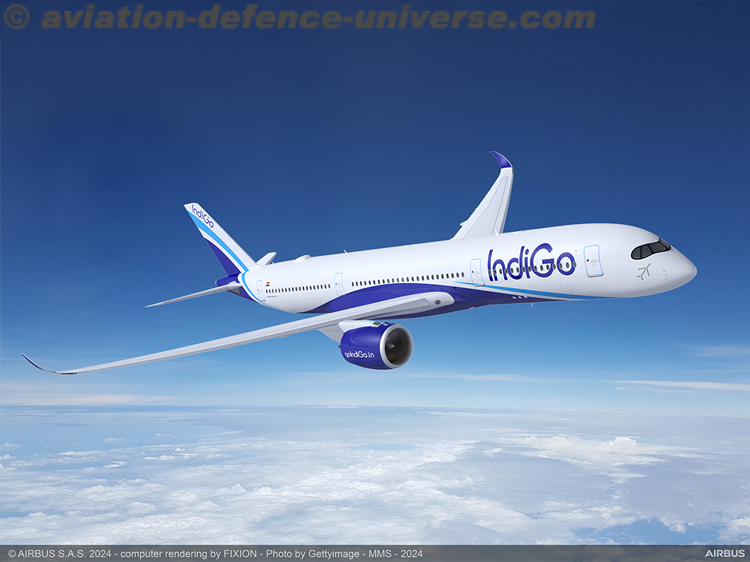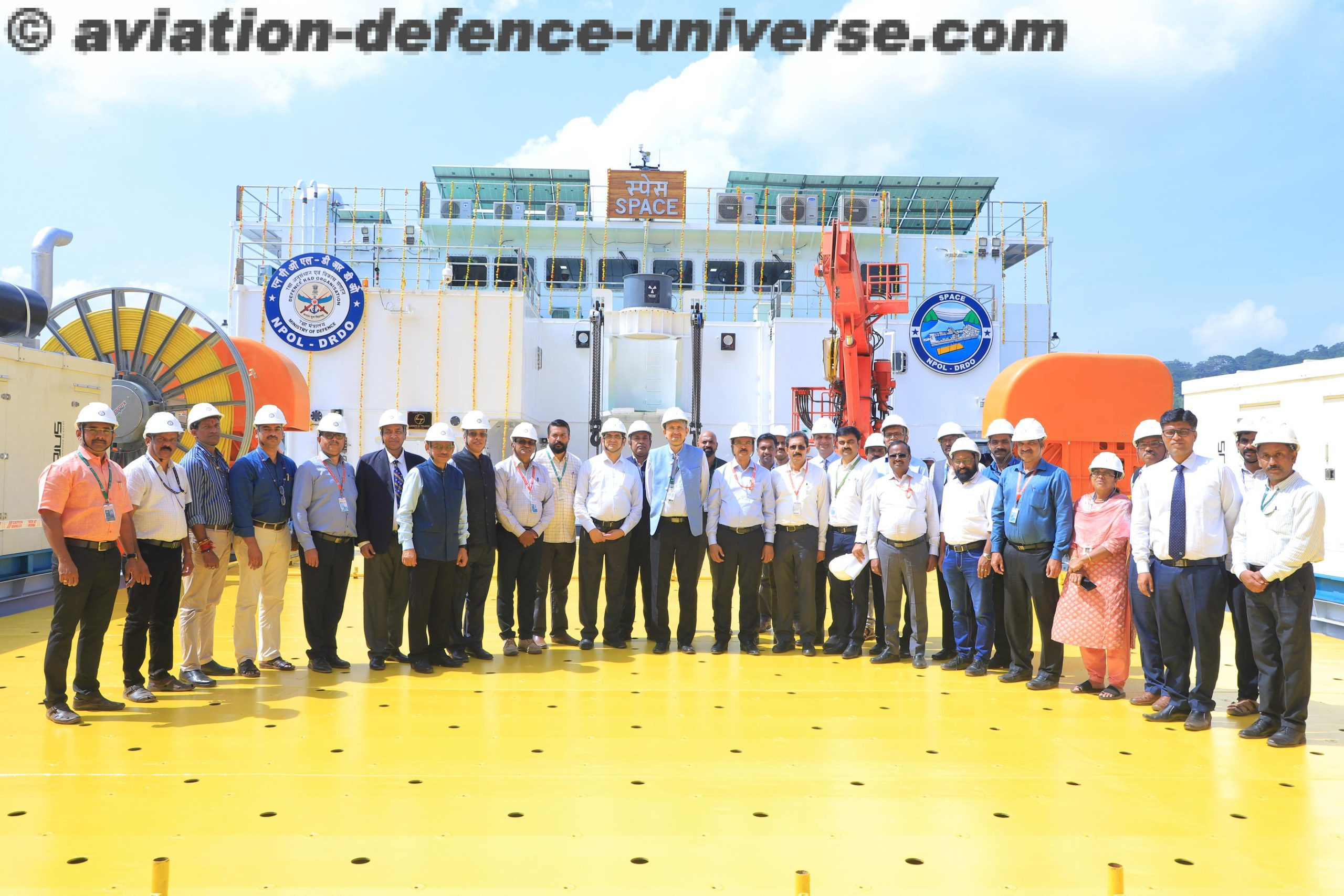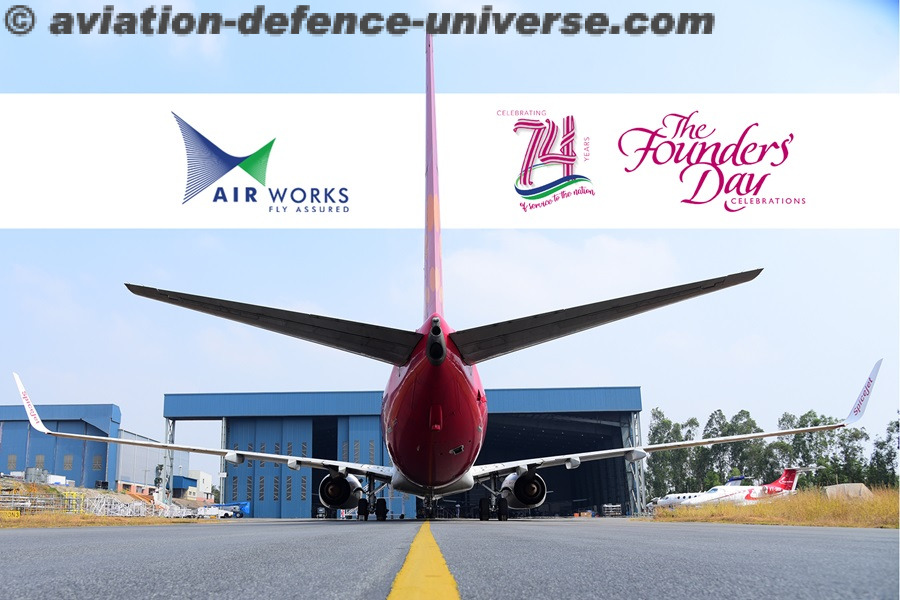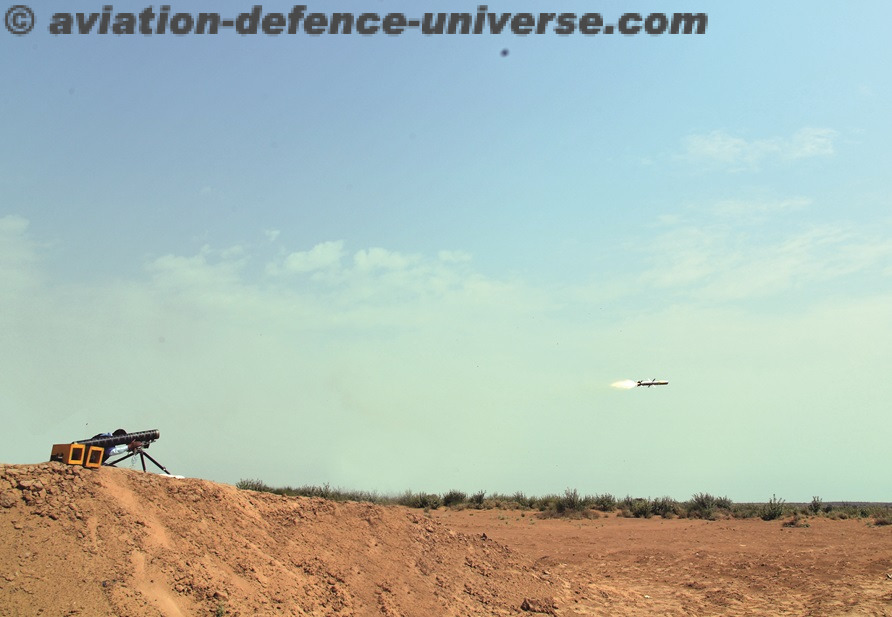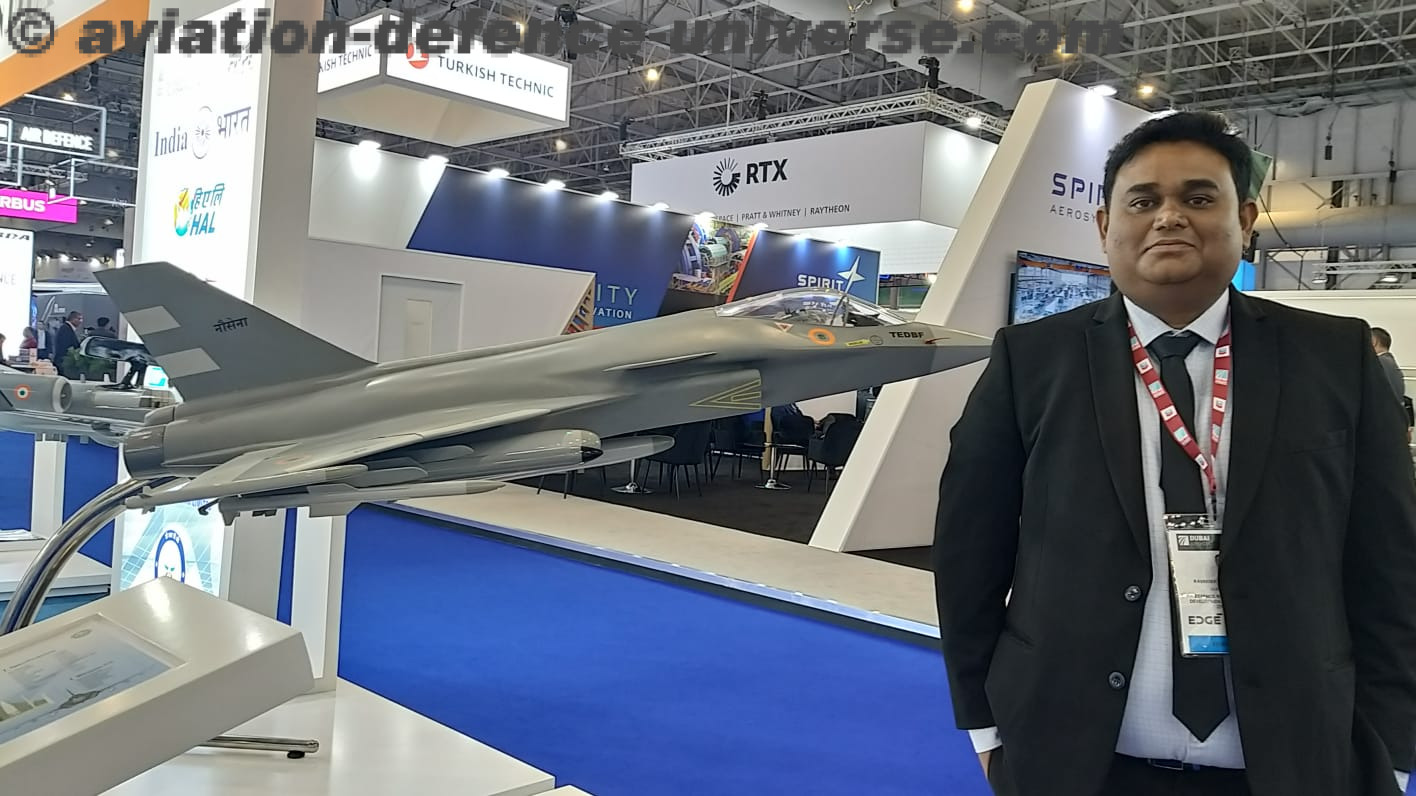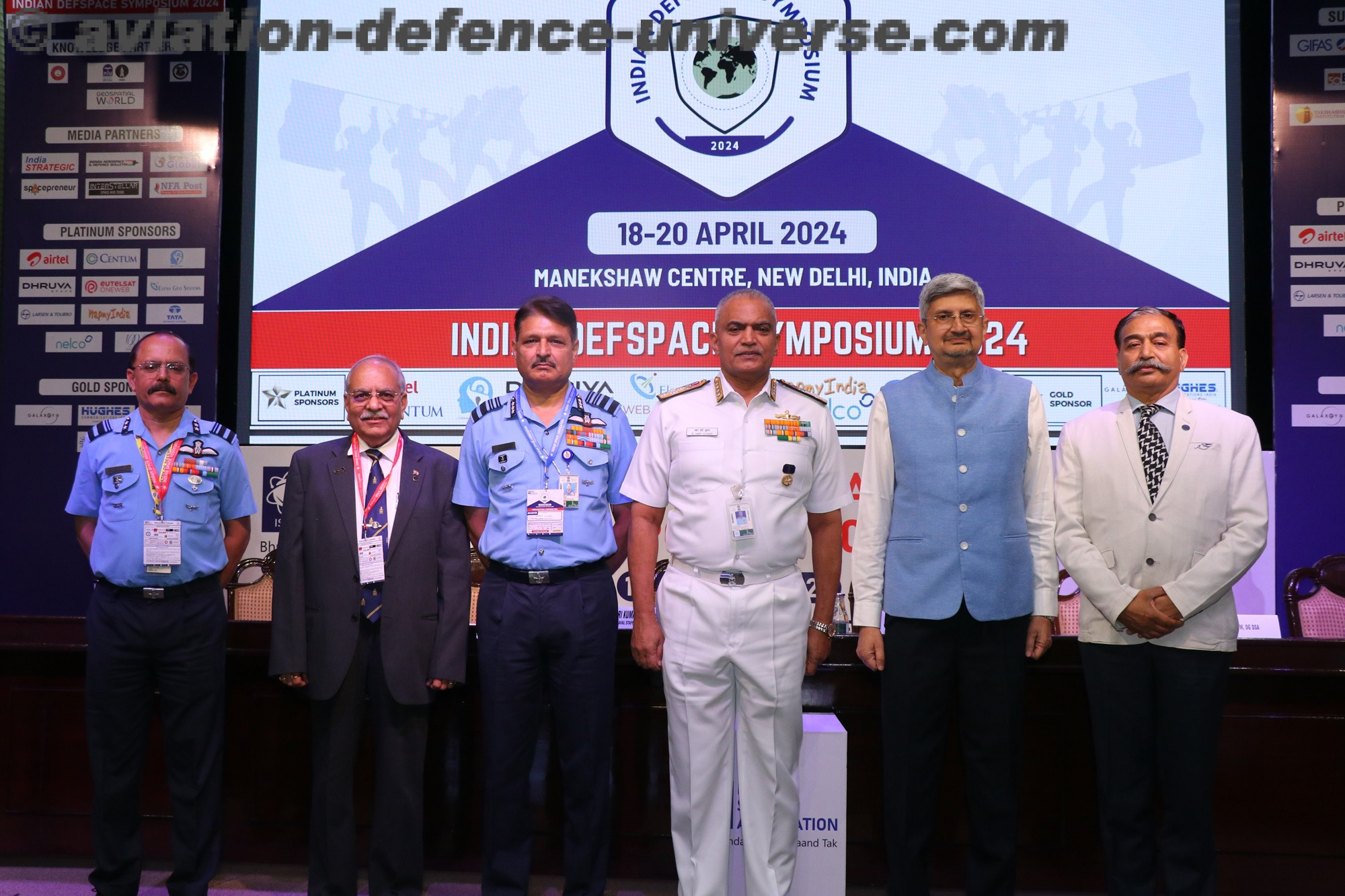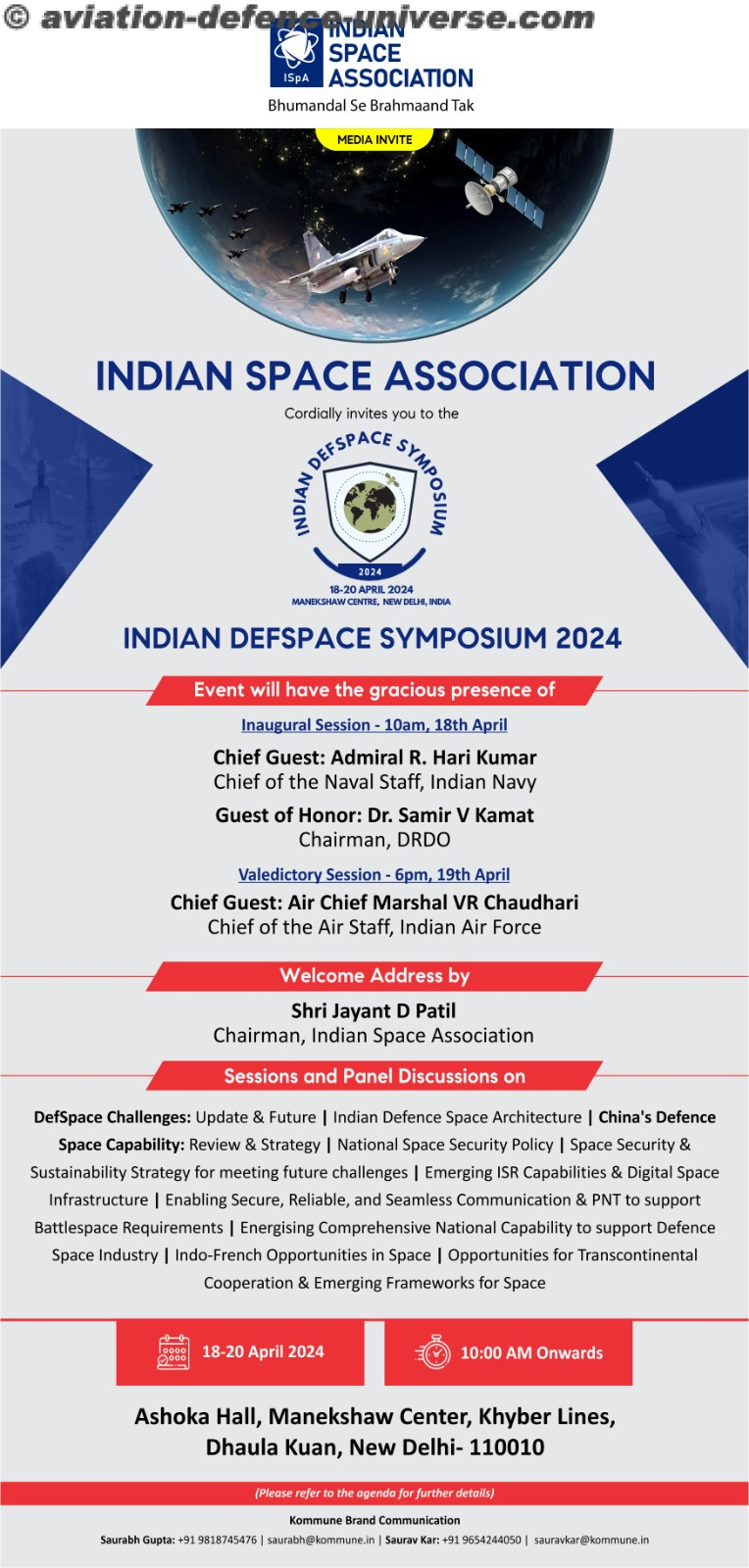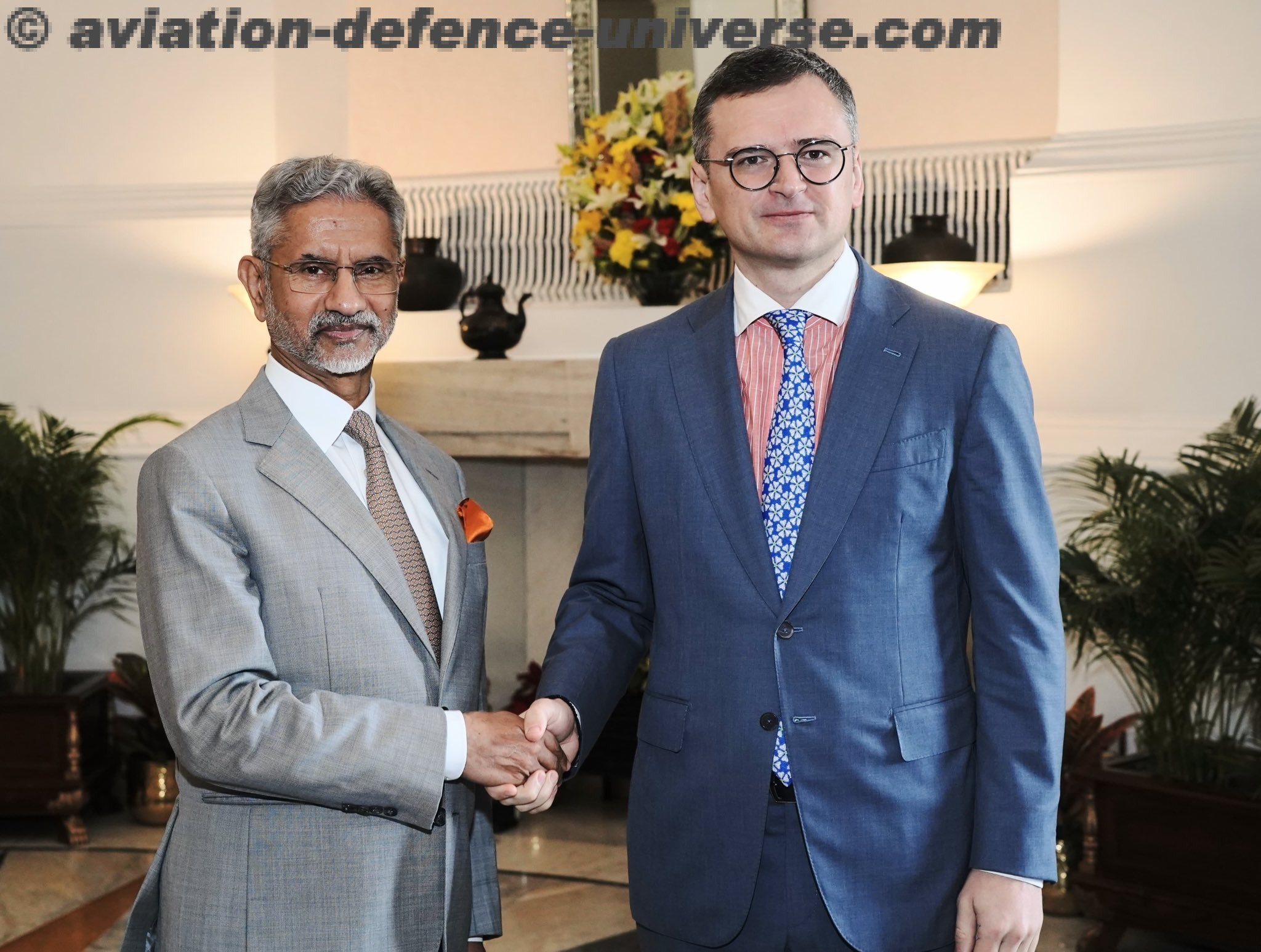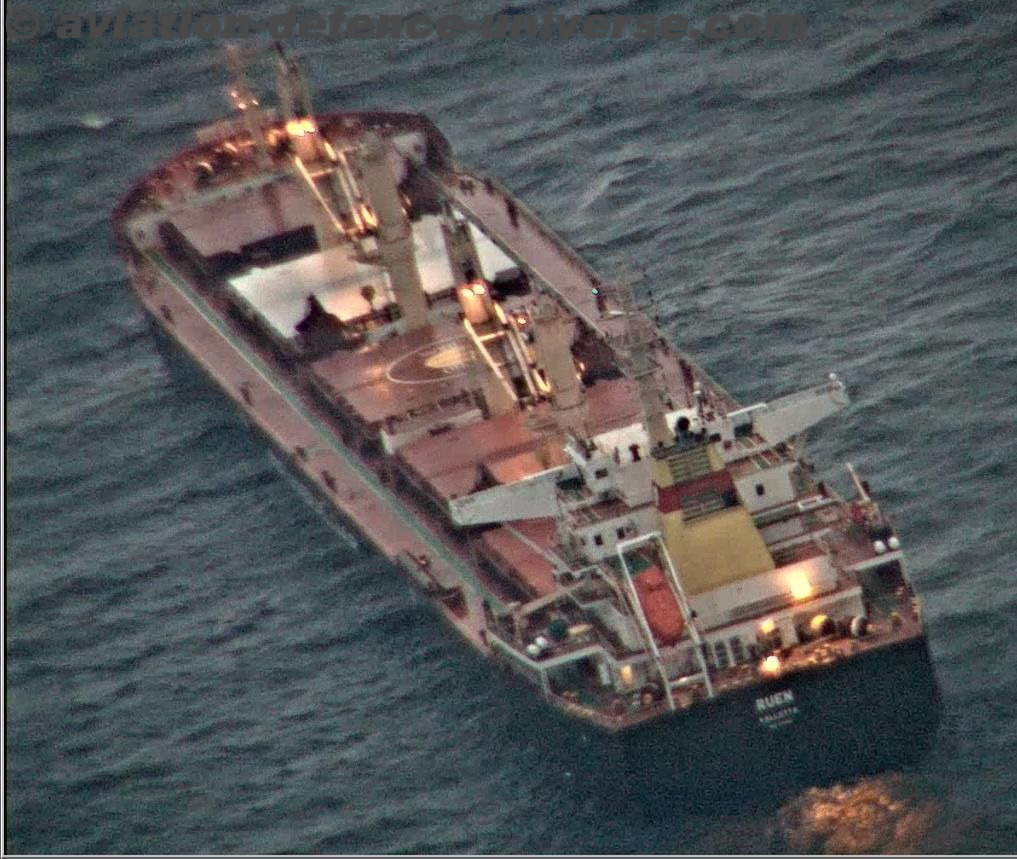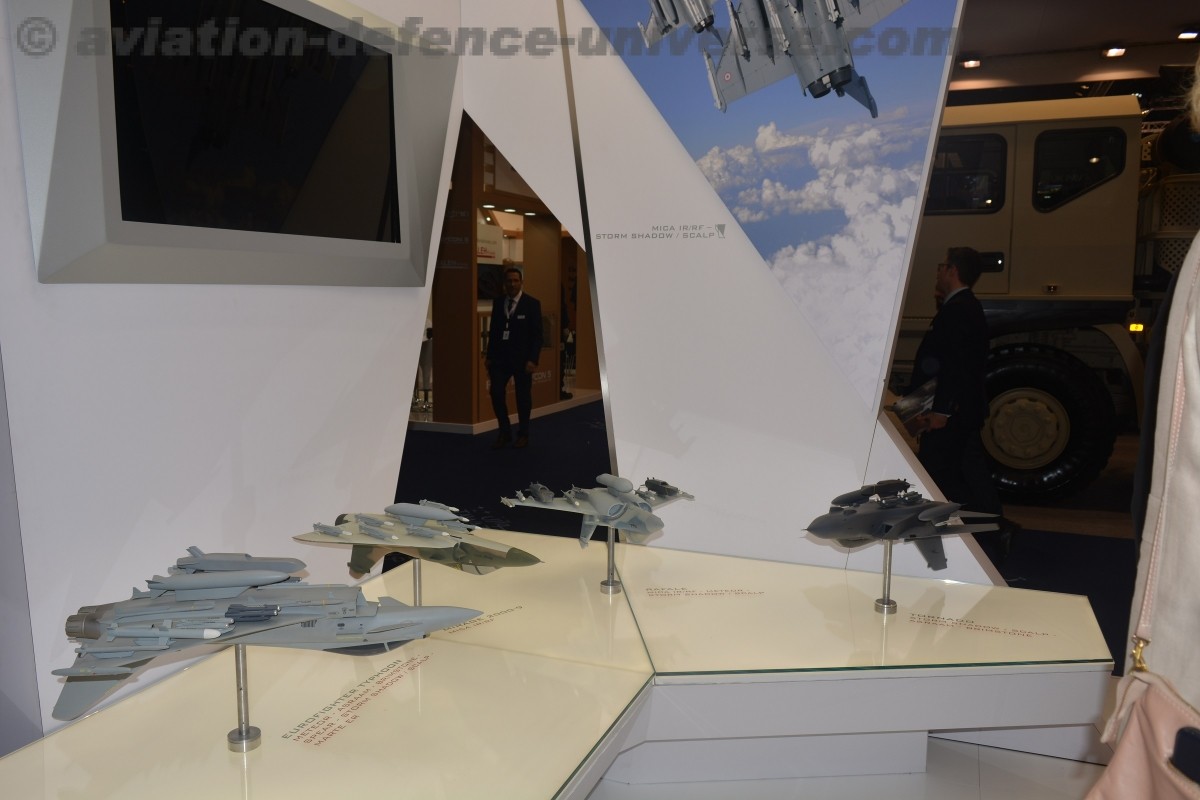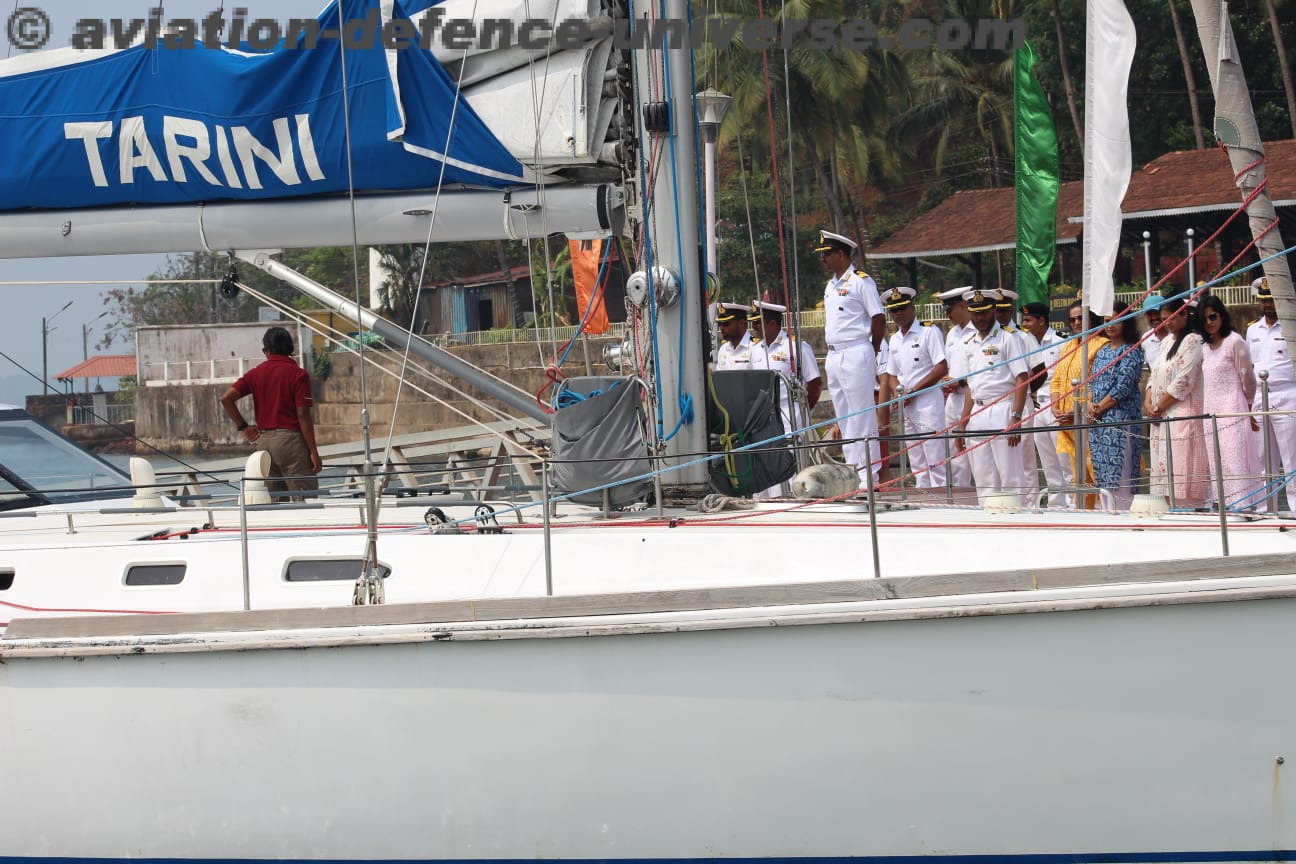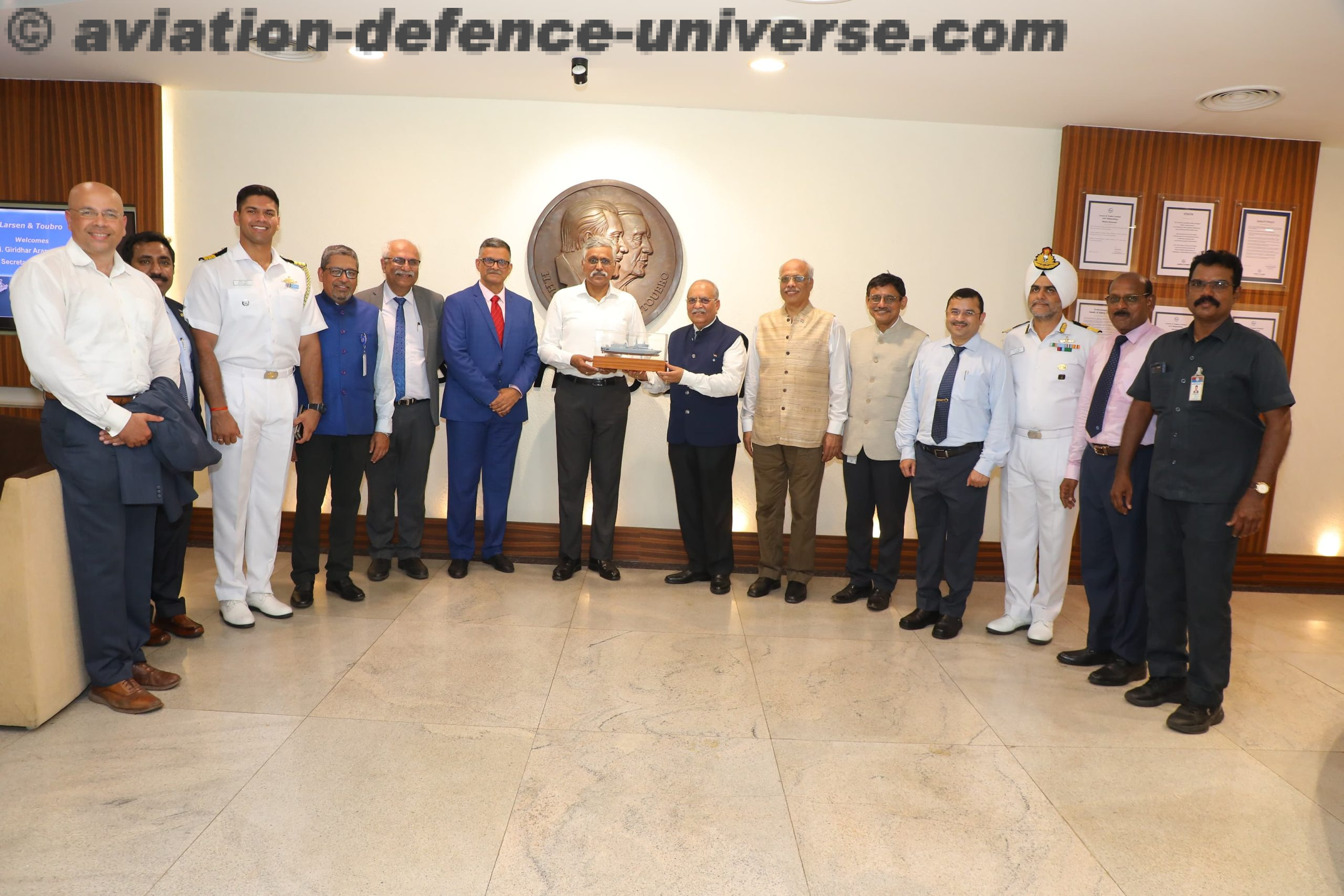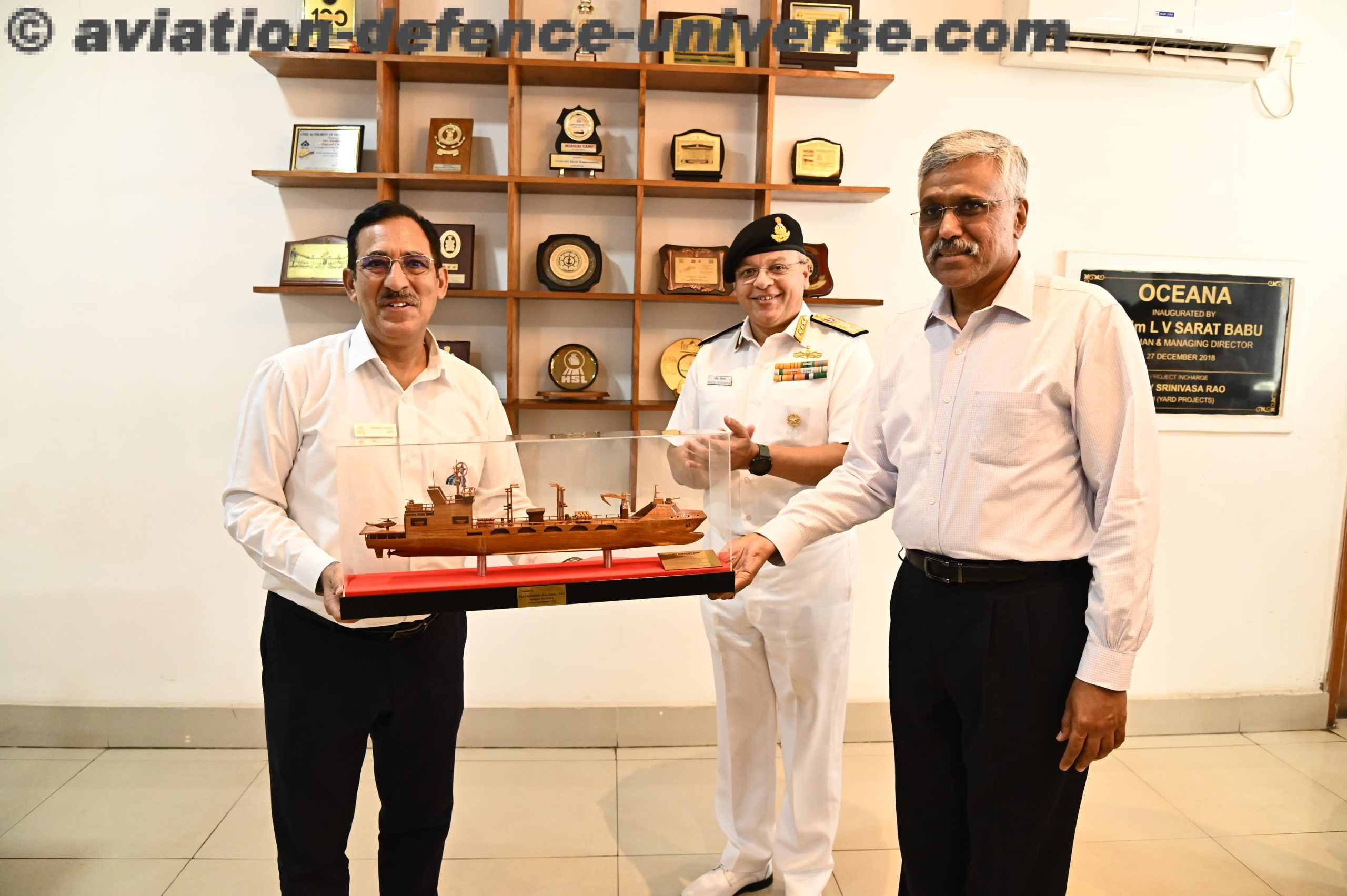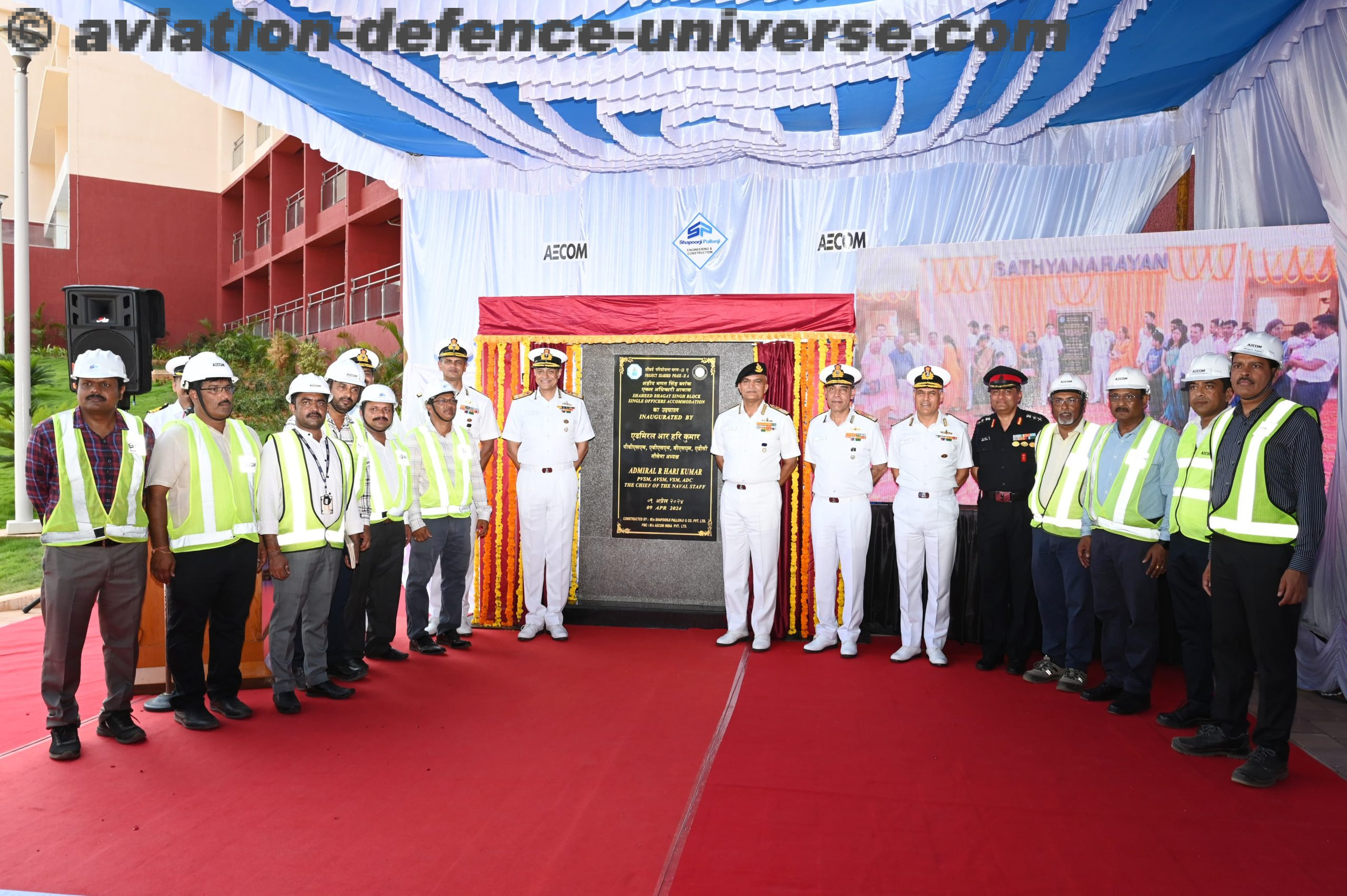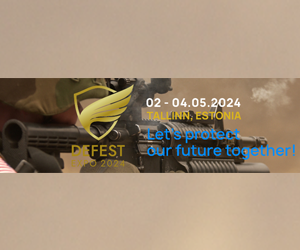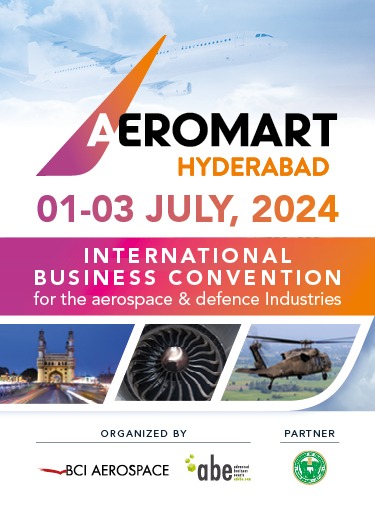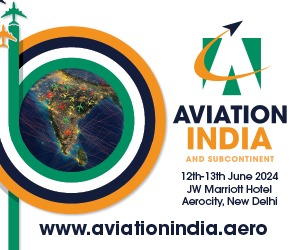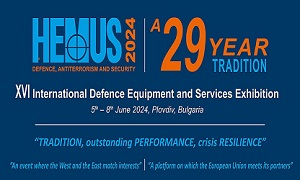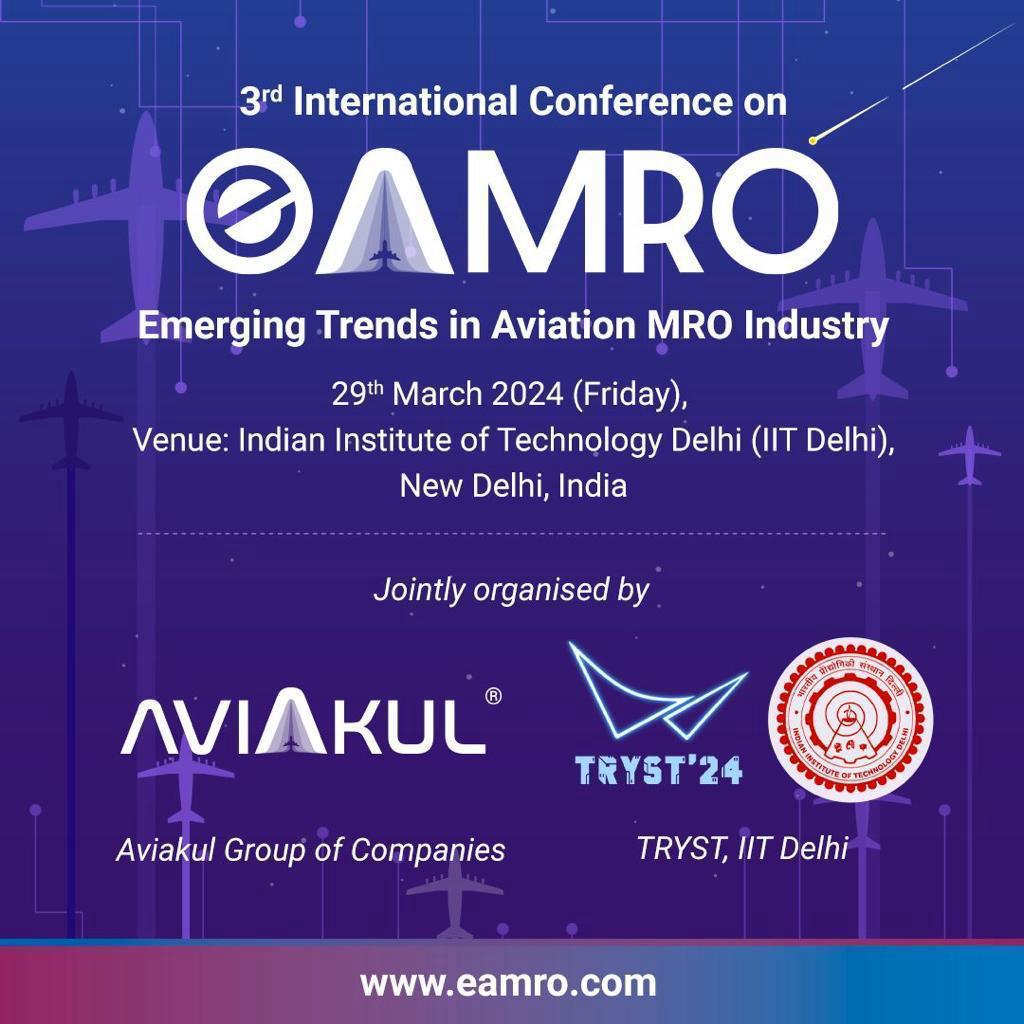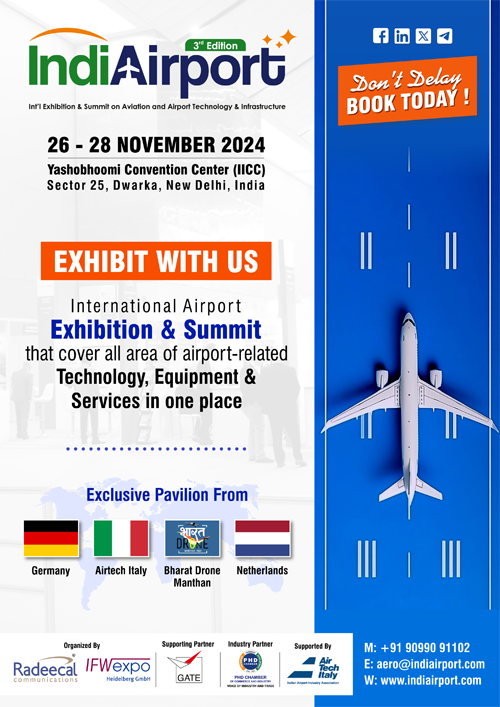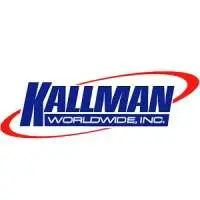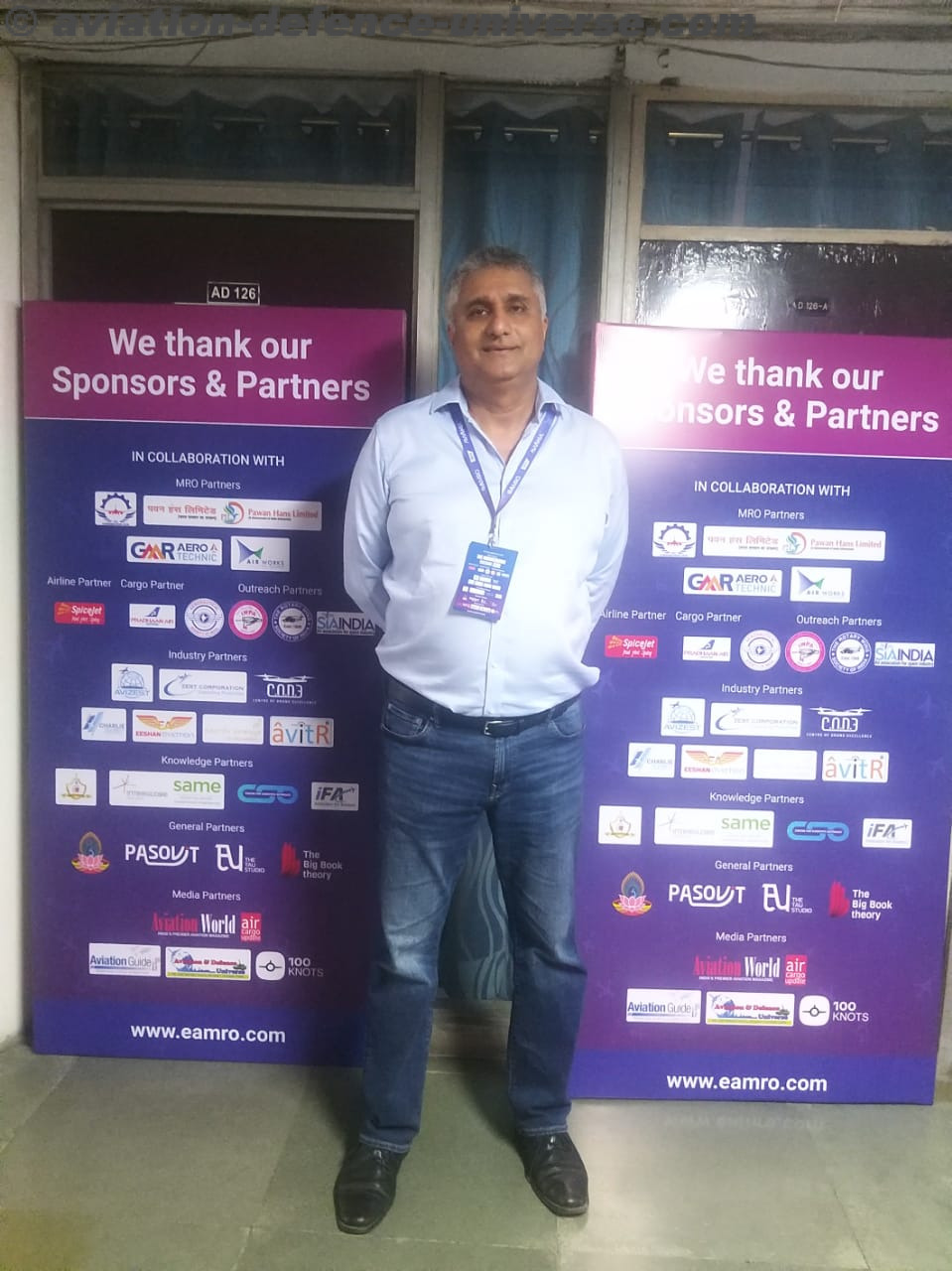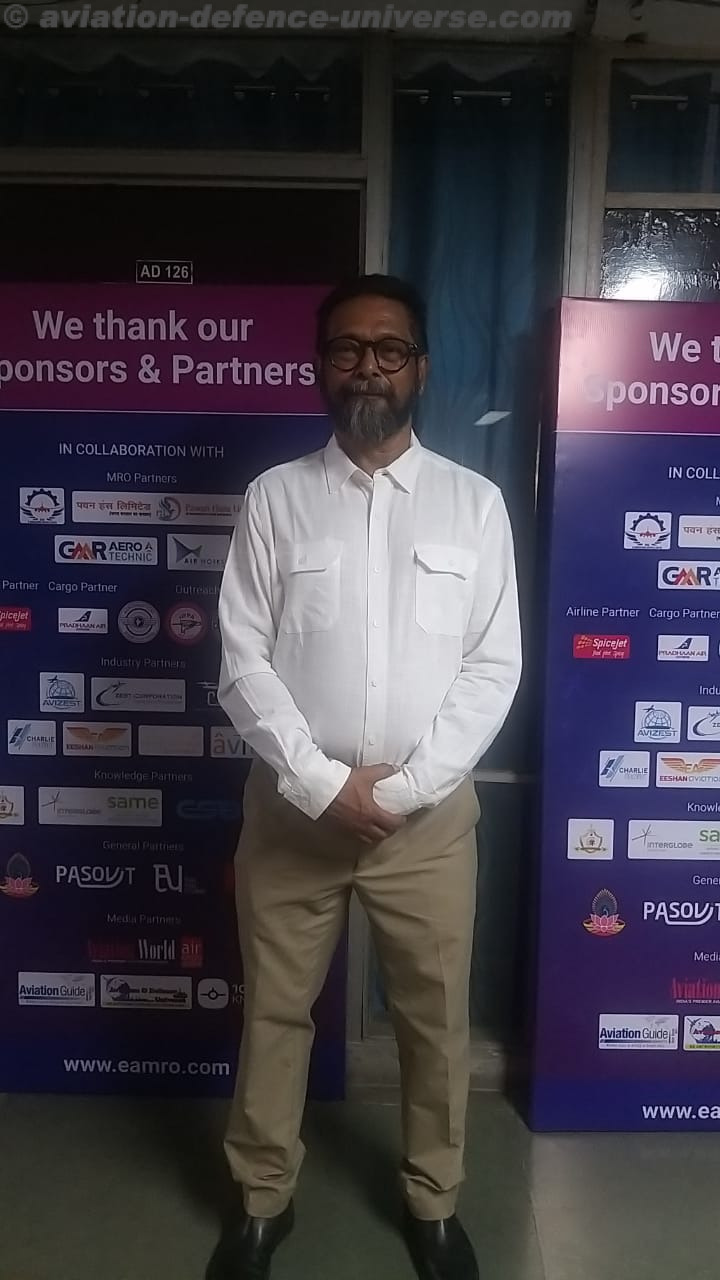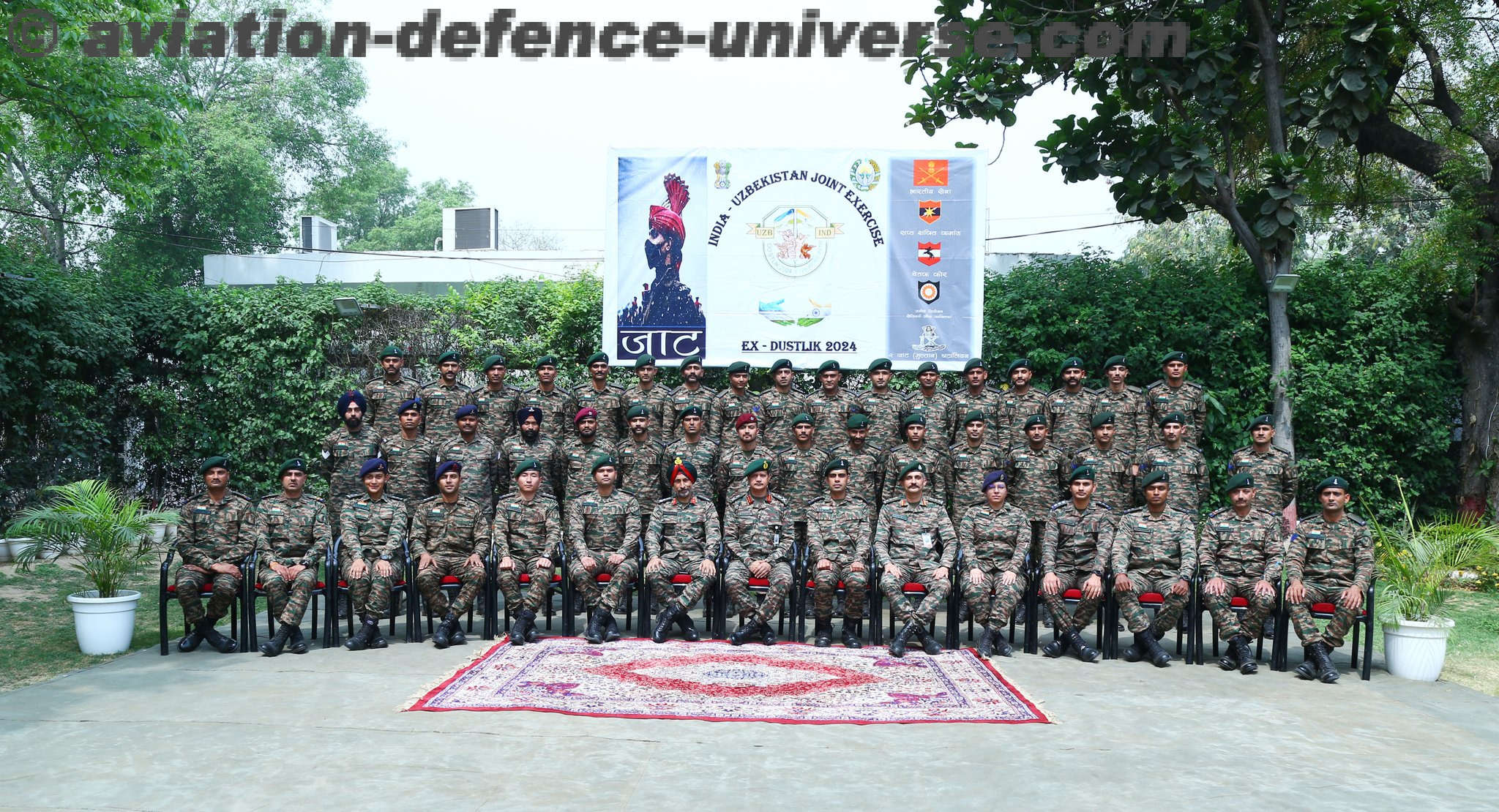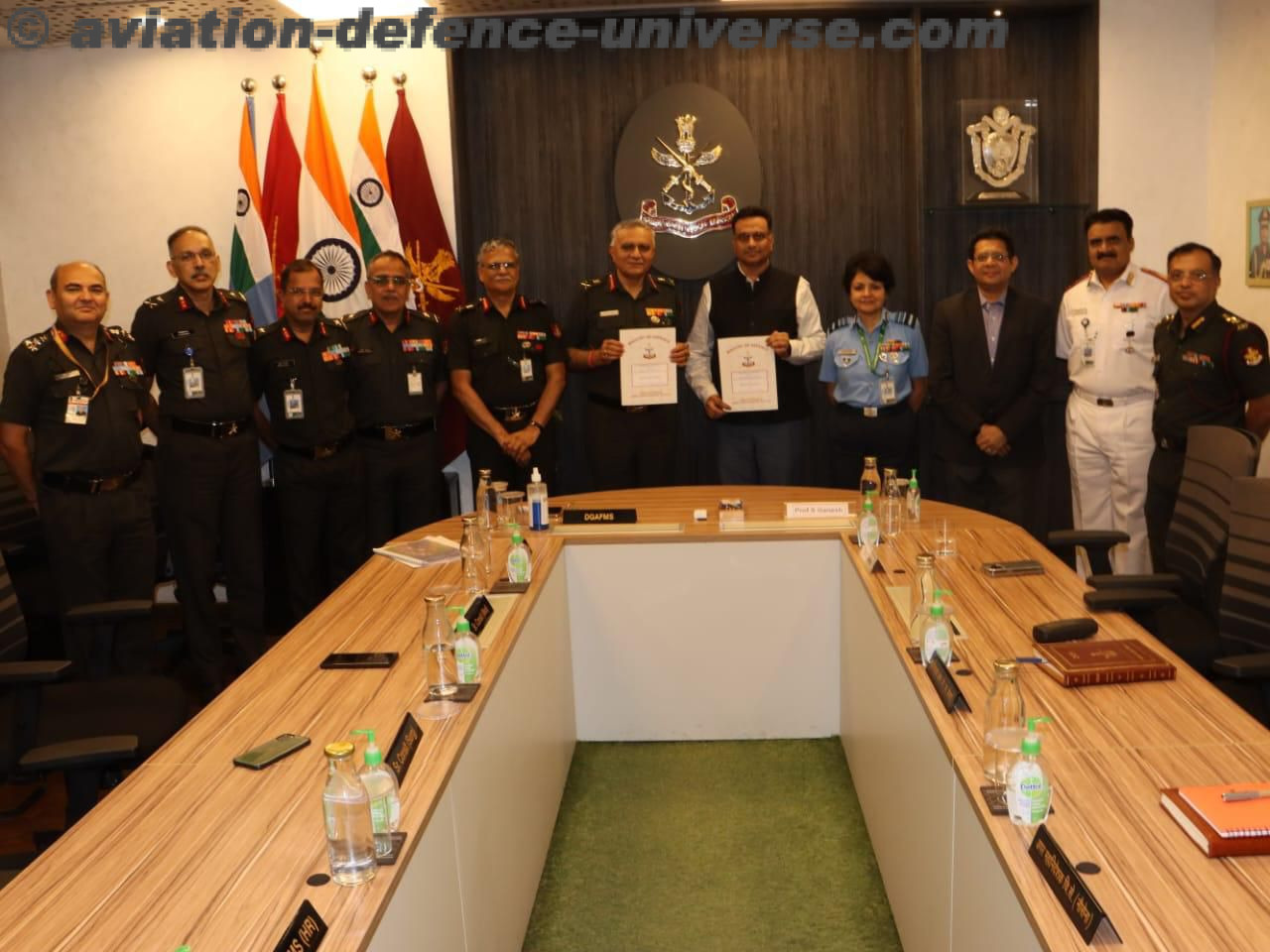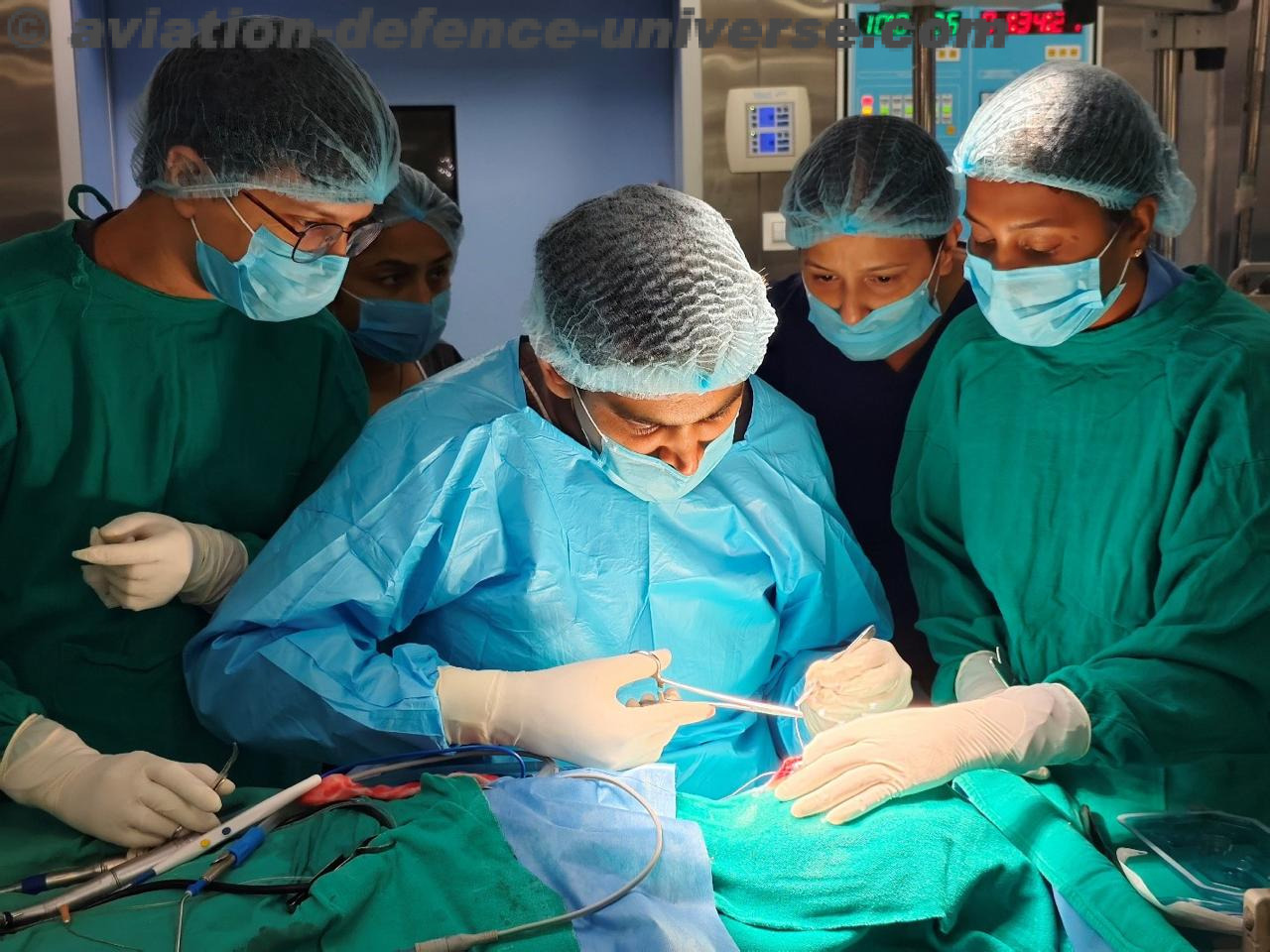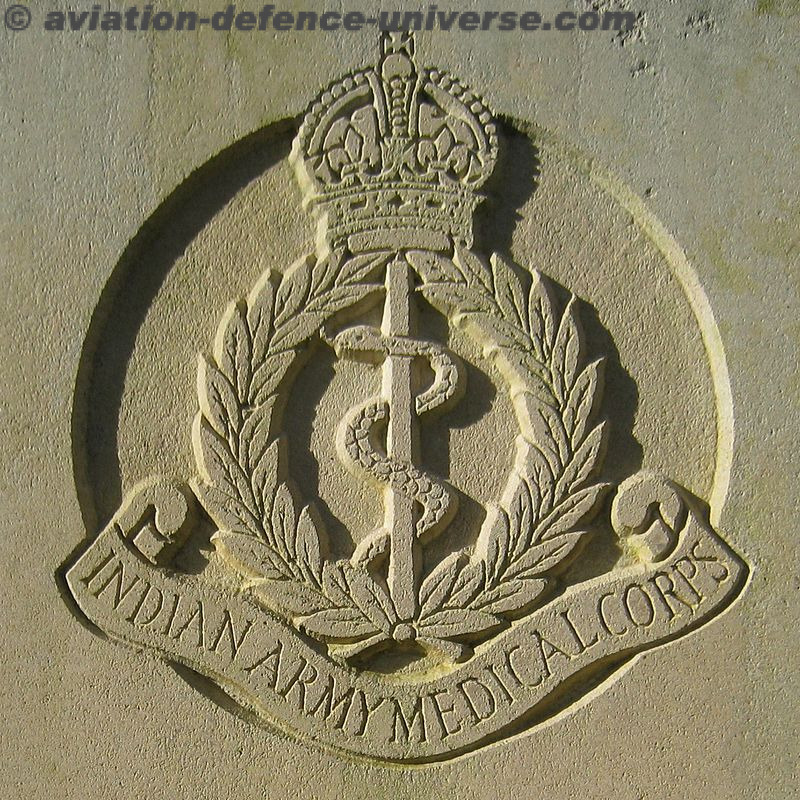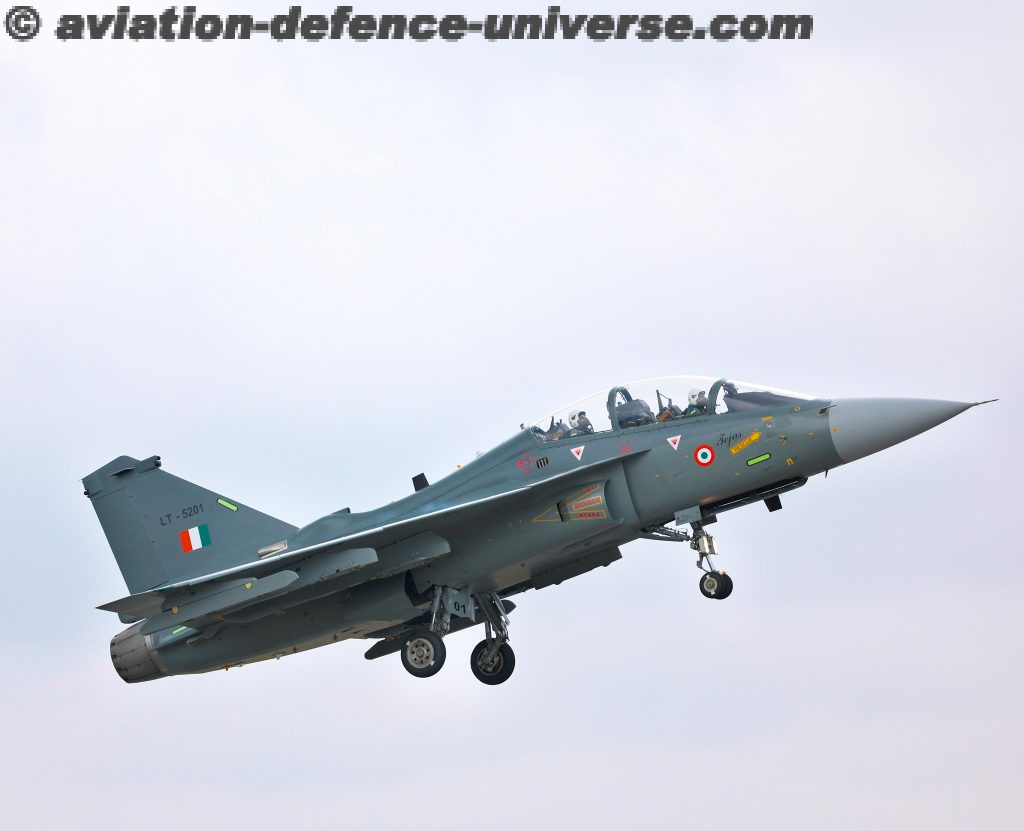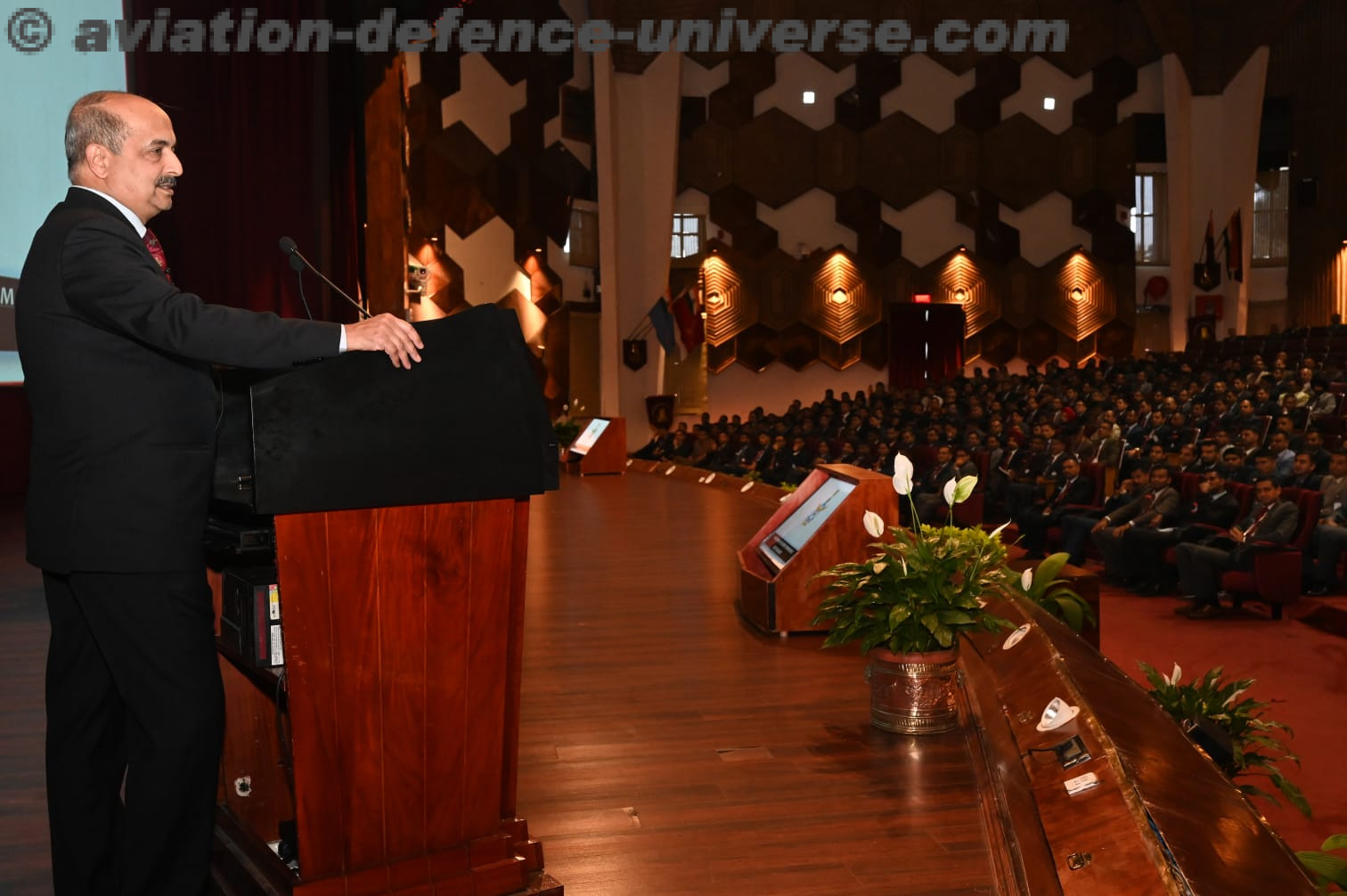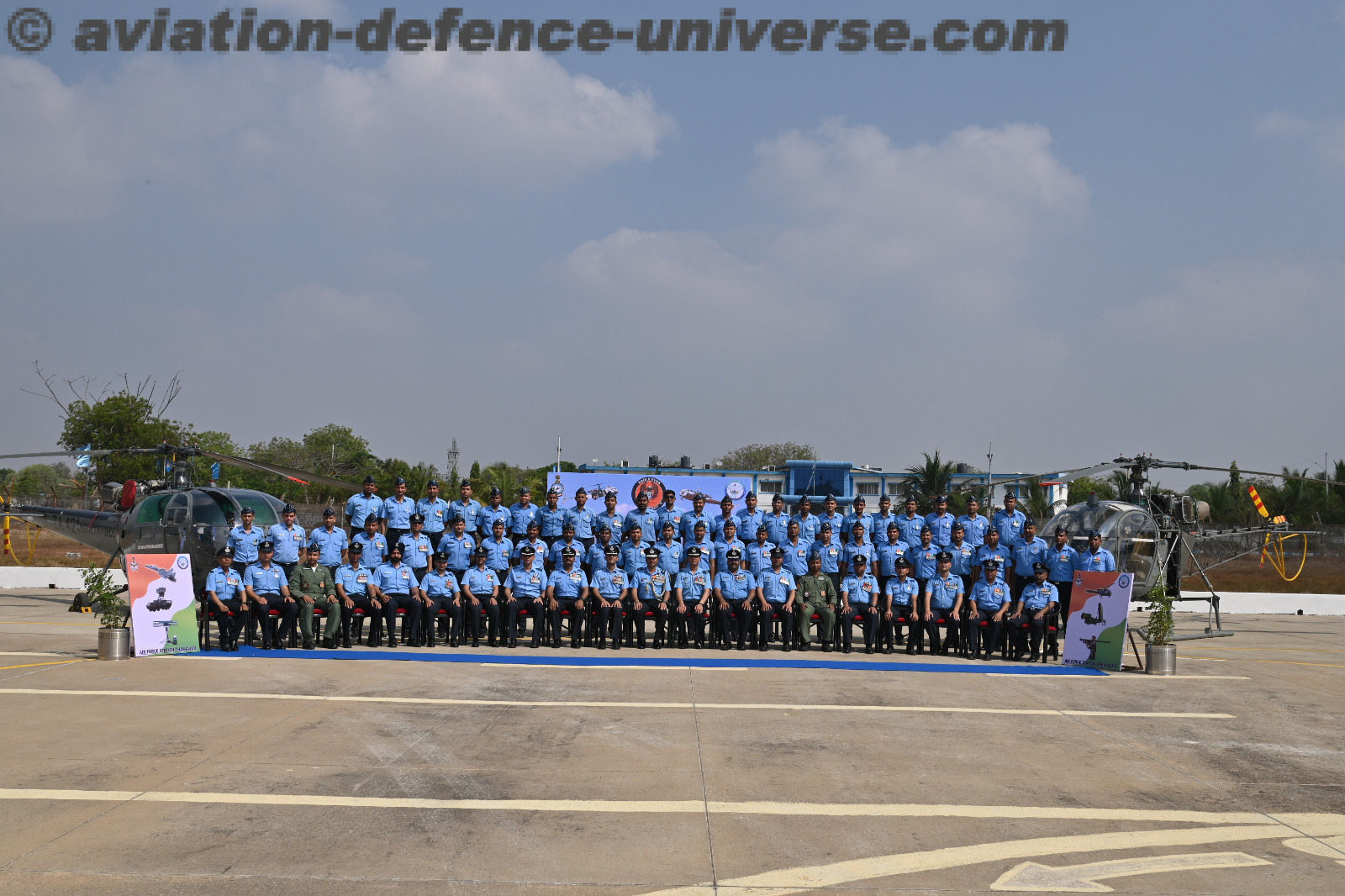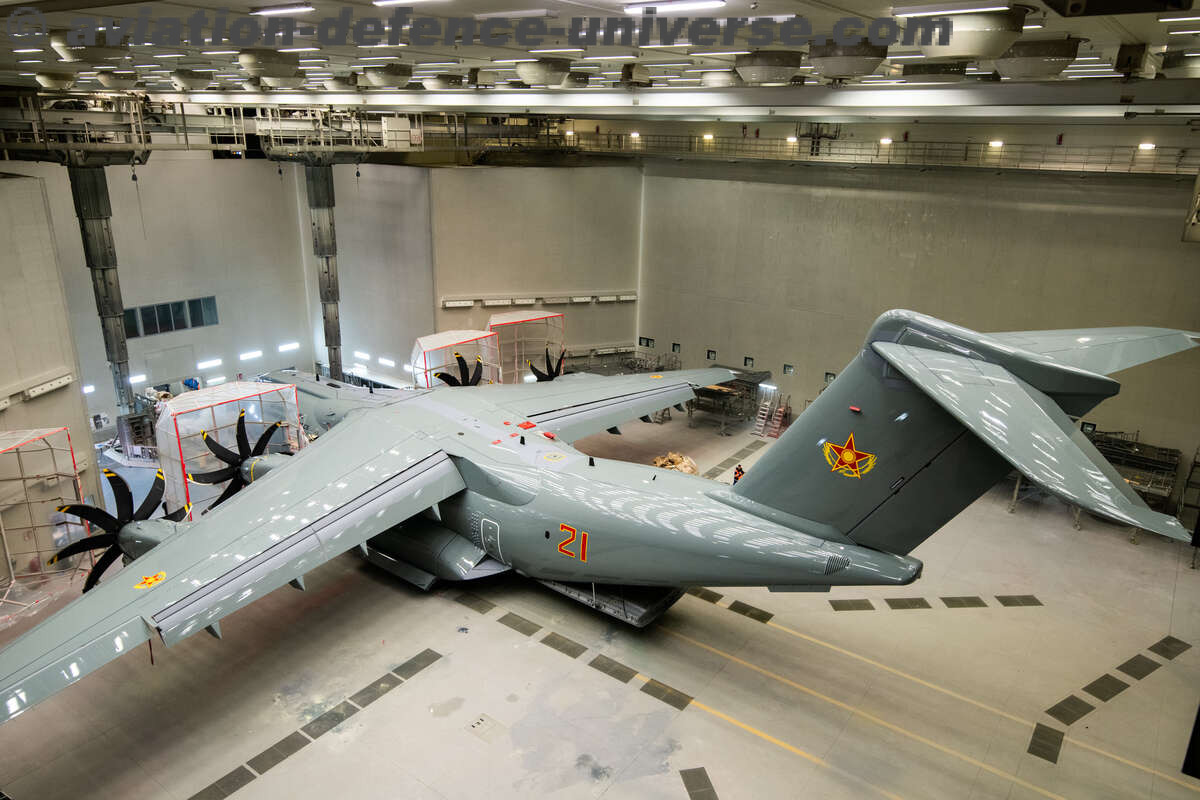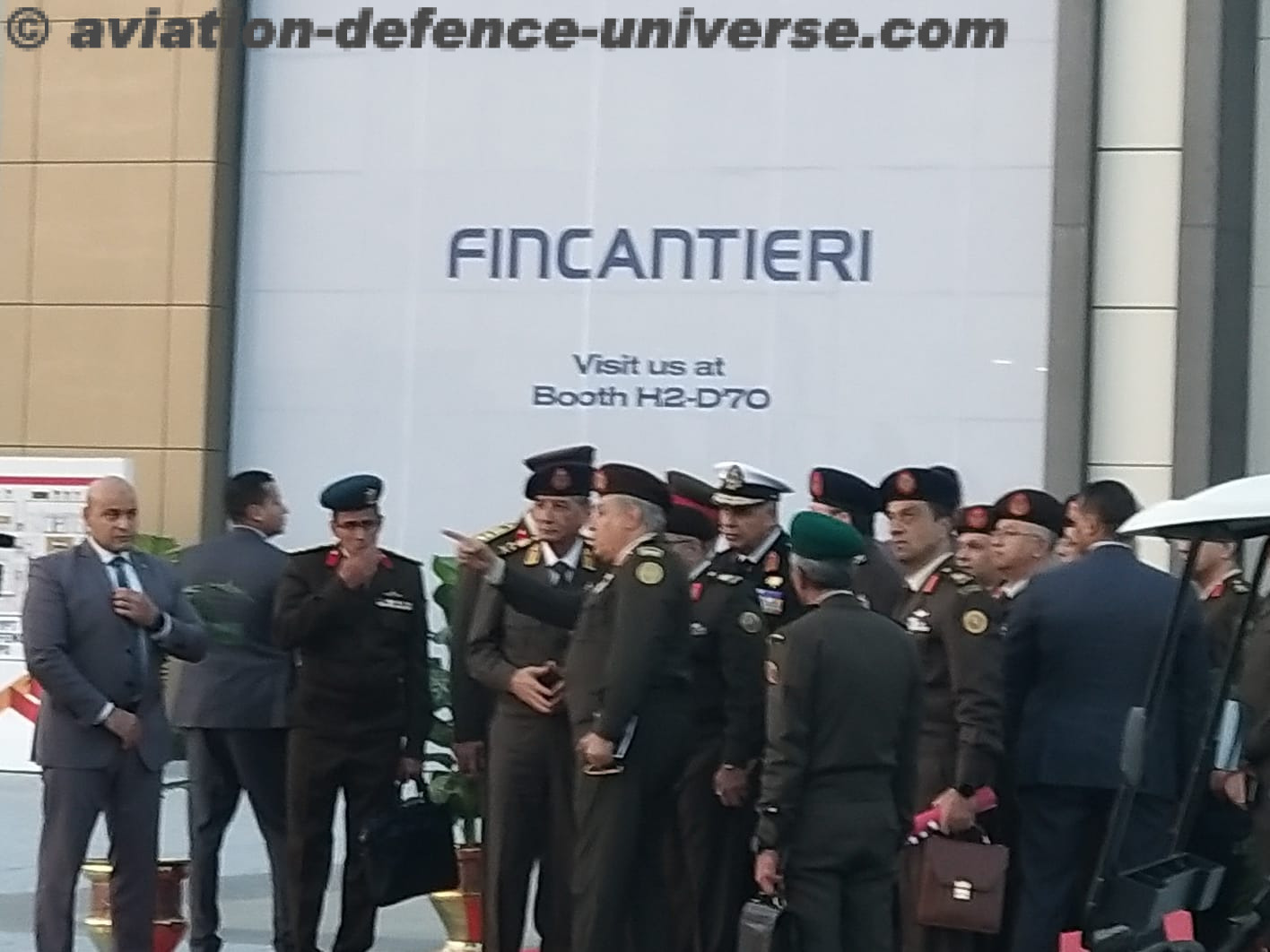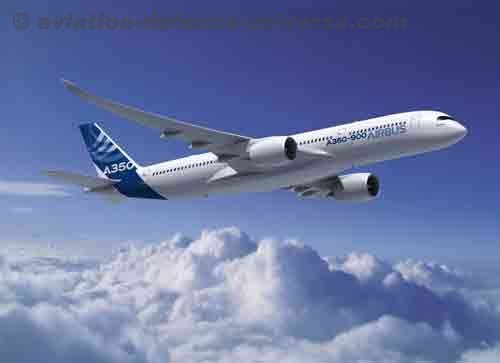Decarbonizing air transportation is a critical issue for the future of our industry. It notably rests on increasingly using Sustainable Aviation Fuel (SAF), along with leveraging other steps such as renewing our fleet with better fuel-saving and quieter aircraft, and rolling out eco-piloting-driven targeted operational measures.
Although we’ve known how to produce SAF for years (Air France and KLM started flying on SAF in 2009), today we are looking at limited levels of production and use – SAF made up 0.1% of the world’s consumption of aviation fuels in 2022.
That same year, Air France-KLM bought 17% of global SAF production while the Group only accounted for 3% of the world’s kerosene consumption. It was a statement acquisition that spoke to the Group’s plans to lead the way in more sustainable aviation.
All eyes on sustainable aviation fuel to spearhead the decarbonization of air transportation
In tandem with efforts along the entire value chain aimed at curbing aviation’s carbon footprint as quickly as possible, SAF is being looked upon to be, in the short term, the driving force behind the decarbonization of air transportation.
SAF is “drop-in” fuel, meaning it can be used now without having to modify planes, engines or airport fueling operations.
Air France-KLM has set strict procurement criteria and buys only SAF that does not compete with human food or animal feed, is not derived from palm oil, and is capable of reducing CO2 emissions by at least 75% over its entire lifecycle.
SAF also has strategic value for countries that will handle its production, the key to creating jobs and fostering greater energy independence.
Behind the acronym, numerous previous generations of fuels
Today’s most mature technology is rooted in the use of plant materials (biomass). Within the circular economy, SAF was quickly identified as an opportunity to add value to waste or once-used materials, e.g. used cooking oil.
Along with working on so-called “second-generation” fuels, energy specialists are also focusing on developing “synthetic” fuels made solely from captured CO2, water and electricity. France enjoys a leg-up in this area, thanks to its large nuclear fleet which produces low-carbon power.
This family of fuels is still at the R&D stage and is not expected to reach readiness levels before 2027.
The Air-France KLM Group’s level of commitment already way above regulatory standards
French and European regulations call for:
– 1% of SAF on all flights departing from France since January 1, 2022,
– 2% for all flights departing from Europe in 2025,
– 6%, again for all flights departing from Europe, in 2030.
Beyond that, the trajectory for incorporating SAF as per the European RefuelEU decarbonization plan quickly ramps up to 20% by 2035 and 70% by 2050.
The Air France-KLM Group is on track to eclipsing these regulatory requirements as it aims to incorporate at least 10% of SAF by 2030 globally, not just for flights leaving France and Europe.
Alongside these objectives and that of reducing its overall CO2 emissions by 30% per passenger/km by 2030 compared to 2019, the Air France-KLM Group also signed agreements with Neste and DGFuels, for a total of 1.6 million tonnes of SAF.
These agreements cover 3 of the 10% the Group is looking to incorporate by 2030. Deliveries are planned for between 2023 and 2036. An agreement protocol has already been reached with TotalEnergies, and the Group is currently collaborating with other stakeholders like Engie or Elyse Energy on furthering the development of made-in-France SAF. These agreements are essential so that producers may stay ahead of the demand curve and supply SAF accordingly.
Why not go 100% SAF right now?
Production cannot yet keep up with the growing demand (airlines, plus land and sea transportation, etc.). It will take time to solve the inventory issue: an SAF production plant requires 5 to 7 years before it can become fully operational.
Also, some technologies like synthetic fuels are still at the development stage and are not ready for industrial implementation.
Given the absence of an established production industry, SAF currently costs 4 to 8 times more than convention fuel. This cost difference is already impacting airlines financially as well as fares. At current SAF prices in France, using 20% of SAF on a Paris-New York round trip in Economy class would add 175 euros to the airfare.
The targets Air France-KLM has set for 2030 correspond to a volume of 1 million tonnes of SAF per year, representing an extra annual expenditure of 2 billion euros for the Group.
In 2023, incorporating 1% of SAF is already costing Air France an extra 100 million euros.
To drill down further:
Watch Air France-KLM’s SAF Masterclass of May 30, 2023.
https://www.yuca.tv/en/air-france-klm/safmasterclass2023
– KEY DATES –
THE AIR FRANCE-KLM GROUP: A TRAILBLAZER IN EXERIMENTING WITH SUSTAINALE AVIATION FUEL (SAF)
| 2009 | KLM conducts first demo flight fueled with SAF.
|
| 2011 | Air France and KLM conduct first commercial flights fueled with SAF.
|
| 2014-2016 | Air France launches the “Lab Line for the Future,” a two-year experiment during which 78 flights between Toulouse and Paris-Orly and between Paris-Orly and Nice are partially fuelled with SAF. This long-term experiment helps confirm that using SAF has no impact on planes, engines or ground operations.
|
| 2019 | KLM invests in developing a production unit in the Netherlands and commits to buying SAF for the next 10 years.
|
| 2020 | In the wake of the ECV framework for green growth, Air France commits to 6 made-in-France SAF production programs via a call for expressions of interest.
Air France KLM Martinair Cargo launches the air cargo sector’s first corporate SAF program.
|
| January 26, 2021 | Air France-KLM introduces its Corporate SAF program, allowing business clients to contribute financially to the procurement and use of SAF beyond regulatory requirements.
|
| February 8, 2021 | KLM conducts a new world first: a commercial flight fuelled with synthetic fuel produced in the Netherlands. Aboard a Boeing 737 between Amsterdam-Schiphol and Madrid. |
May 18, 2021
Air France conducts first long-haul flight fuelled with SAF produced in France by Total, essentially getting the goal of developing a French SAF production industry off the ground.
Aboard an Airbus A350 between Paris-Charles de Gaulle and Montreal.
January 1, 2022
Requirement to incorporate 1% of SAF on all flights departing from France comes into effect.
October 25, 2022
Air France-KLM signs agreements with Neste and DG Fuels for the supply of 1.6 million tonnes of SAF.
First deliveries scheduled for 2023.
December 5, 2022Air France-KLM signs protocol agreement with TotalEnergies for 800,000 tonnes of SAF over 10 years.




